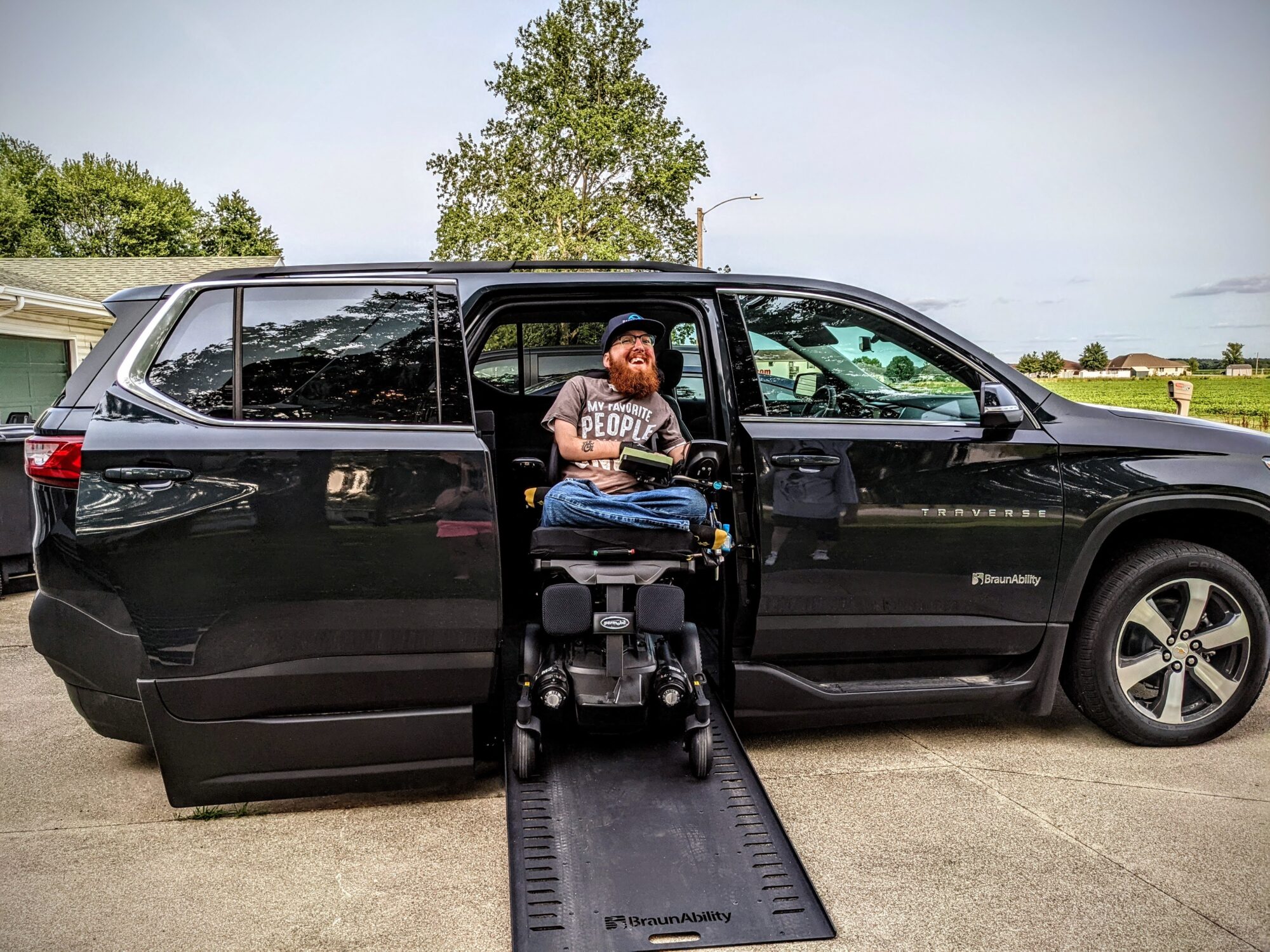I was recently in a car accident. Fortunately, I was largely unharmed, though my vehicle sustained cosmetic damage. While the incident itself was relatively minor, it shone a glaring light on a significant issue – the exorbitant costs associated with accessibility for individuals with disabilities. This issue extends far beyond my recent experience with car insurance; it’s a systemic problem that affects individuals with disabilities in nearly every aspect of life, from insurance to lodging to transportation and more. This is what I call “The Disability Tax.”
Accessible rental vehicles, designed with the necessary modifications to accommodate individuals with disabilities, come at an exorbitant cost, roughly $150 per day. For many, including myself, this expense is simply beyond our financial means. Even contemplating the addition of rental coverage to my insurance policy is impossible as it would significantly increase my premiums. This situation underscores the stark reality that accessibility often comes with a hefty price tag, making it nearly impossible for those who need it most – individuals with disabilities who typically have limited financial resources.
To illustrate the depth of this problem, let’s look at lodging, a basic need for travelers. While platforms like Airbnb have revolutionized the travel industry, making accommodations more affordable and comfortable for most people, individuals with disabilities often find themselves excluded from these benefits. Unlike hotels, Airbnb is not bound by regulations requiring accessible options as stipulated by the Americans With Disabilities Act (ADA). Consequently, travelers with disabilities face the dilemma of limited accessible lodging options and must, as a result, resort to hotels.
Herein lies the issue – hotel room rates are undeniably higher than those for Airbnb listings. Moreover, the majority of hotel rooms do not include kitchens, necessitating the additional cost of dining out or ordering in, further inflating the expenses of traveling. For someone like me who relies on a hospital bed for a variety of medical reasons, the ordeal is even more complex. I need a room spacious enough to accommodate a hospital bed, often requiring a suite with extra floor space, which, obviously, comes at an even more premium price. These compounded costs create a ripple effect, making travel a significantly more expensive endeavor for individuals with disabilities like myself.
What exacerbates this already burdensome situation is the fact that people with disabilities are forced to bear the brunt of these added expenses, despite being among the least financially equipped to do so. The very accommodations that are medically necessary and non-negotiable become a source of financial strain and anxiety. It’s an unsettling paradox – individuals with disabilities, who have unique medical needs, are compelled to spend more, even though they often have less financial capacity to shoulder these additional costs. This predicament places an unjust financial burden on those who can least afford it.
Beyond the financial implications, there is the emotional toll this situation exacts on individuals with disabilities. The necessity of medically necessary accommodations, which inherently come at a higher cost, often triggers feelings of shame or self-consciousness. Expressing the need for accommodations such as a hotel room suite, or any other necessary adjustment, can sometimes be misperceived as seeking special treatment. The truth is, most individuals with disabilities would prefer not to request these accommodations and certainly wish they didn’t need to bear the financial burden those accommodations entail.
To be blunt, necessary accommodations place significant financial burdens on those who can least afford it – individuals with disabilities.
I don’t have all the answers, and I won’t pretend to. However, I believe that the first step to finding solutions is simply recognizing that there is a problem. It’s time to acknowledge these challenges and work together to find a way to make sure that accessibility is not a privilege but a fundamental right.
Tell me what you want me to write about. Nothing is off-limits, but I don’t guarantee I will create a post based on your input.
